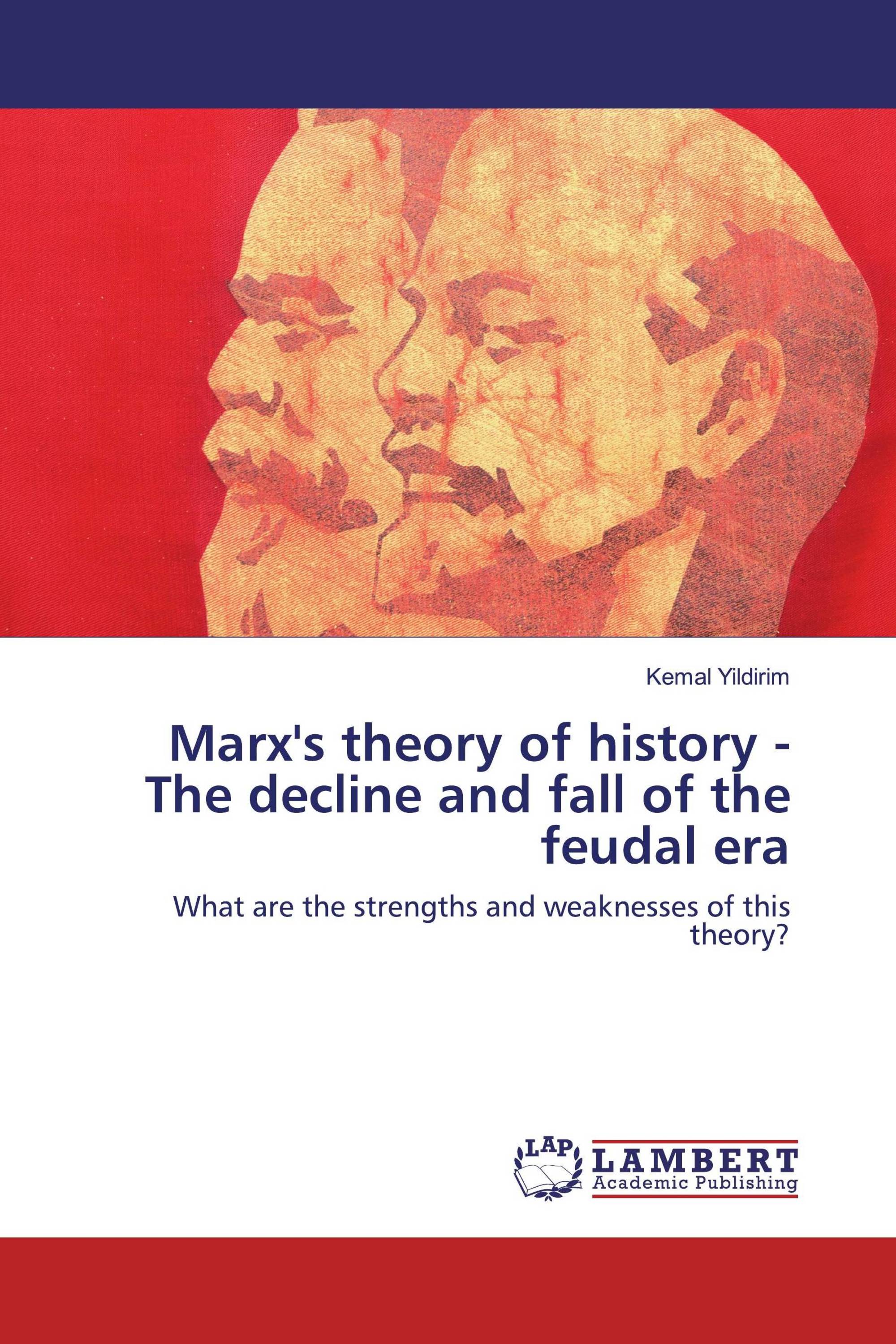Marx's theory of history - The decline and fall of the feudal era
What are the strengths and weaknesses of this theory?
LAP Lambert Academic Publishing ( 2020-05-28 )
€ 61,90
Karl Marx (1818–1883) was born in Trier, Germany to Jewish parents (who later converted to Christianity in the face of anti-Jewish laws of the time). Attending private schools in his childhood, Marx later studied law and eventually received a Ph.D. in philosophy in 1841. As a student, he was heavily influenced by the philosophy of Georg Hegel and his successors (known in philosophical circles as the “Young Hegelians”), but later critiqued what he saw as the idealism of Hegel and developed his own theory of historical materialism (see the “Key Concepts” section below). After receiving his Ph.D., Marx worked as a journalist and became involved in communist thought and politics, as well as numerous political and social issues of the time. In 1843 he married Jenny Von Westphalen and, in 1844, he met Friedrich Engels, who would financially support much of Marx’s later writing and co-author some of his most influential works, such as the Manifesto of the Communist Party and The German Ideology.
Book Details: |
|
|
ISBN-13: |
978-620-2-56575-2 |
|
ISBN-10: |
6202565756 |
|
EAN: |
9786202565752 |
|
Book language: |
English |
|
By (author) : |
Kemal Yildirim |
|
Number of pages: |
144 |
|
Published on: |
2020-05-28 |
|
Category: |
Sociological theories |




